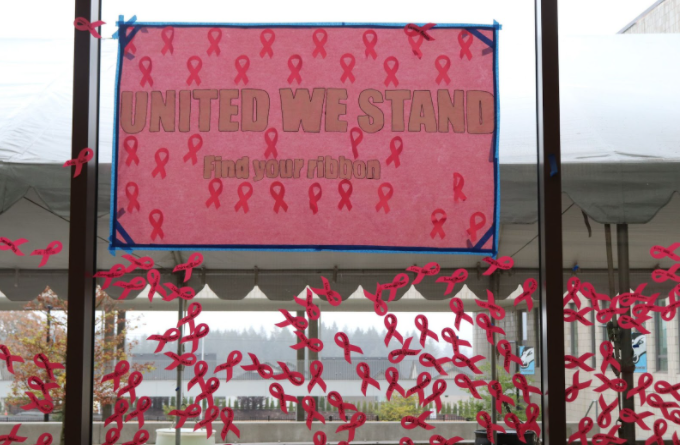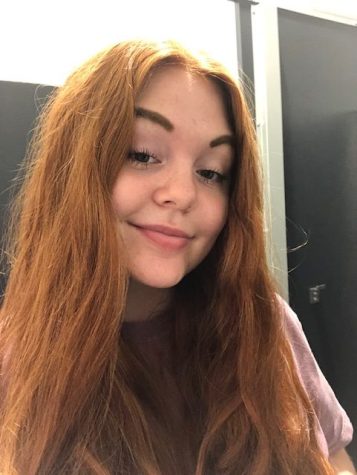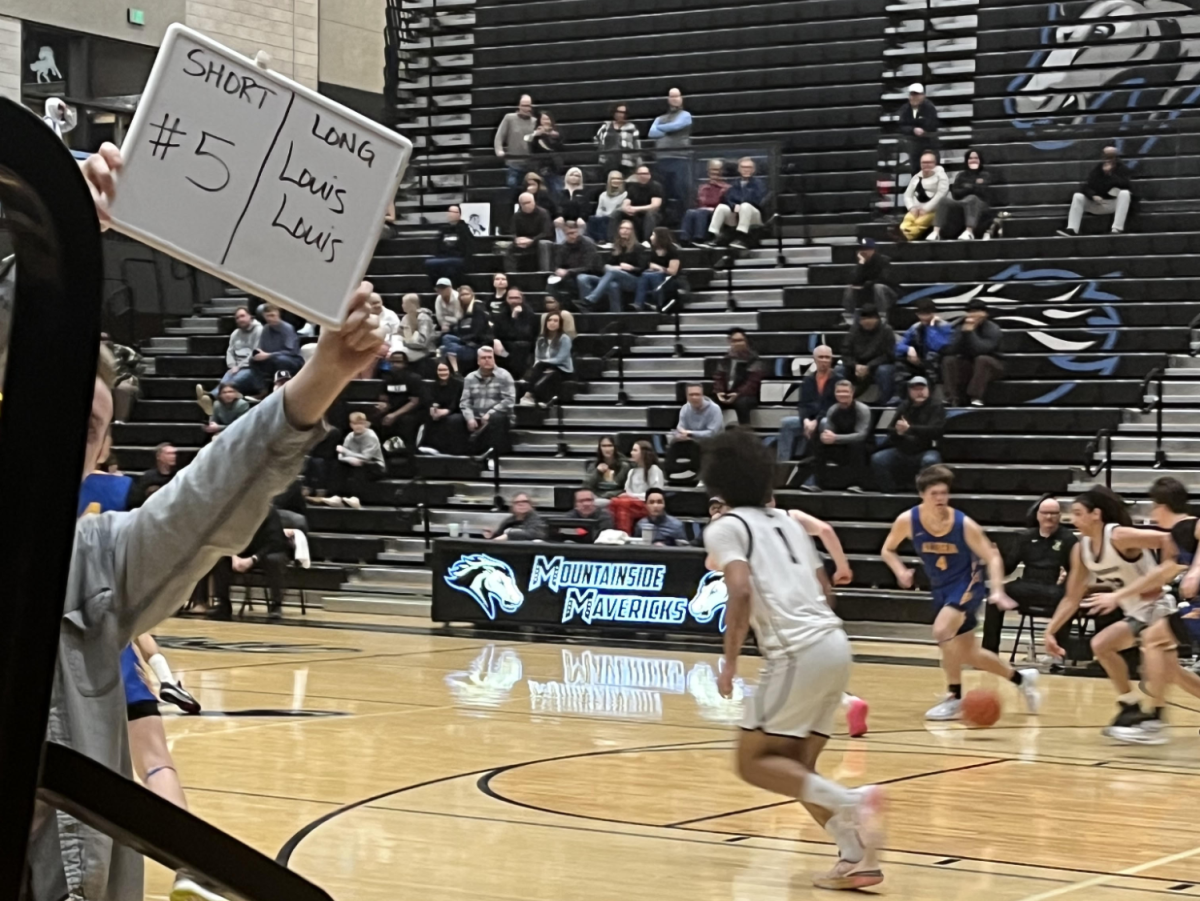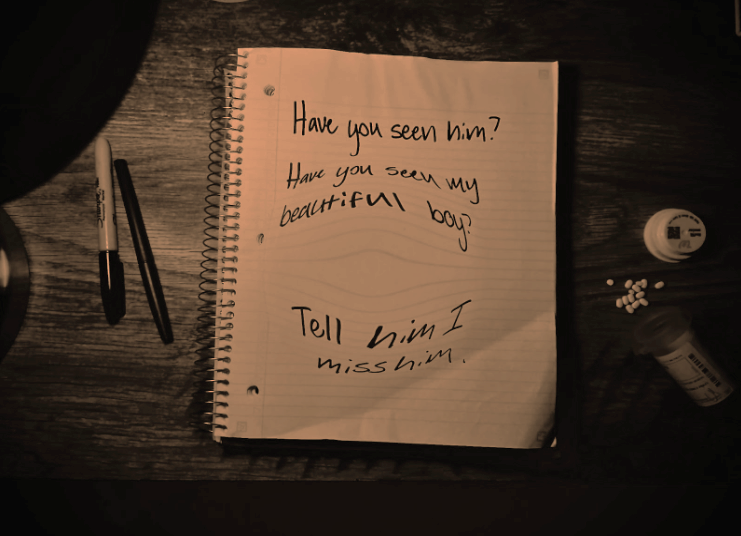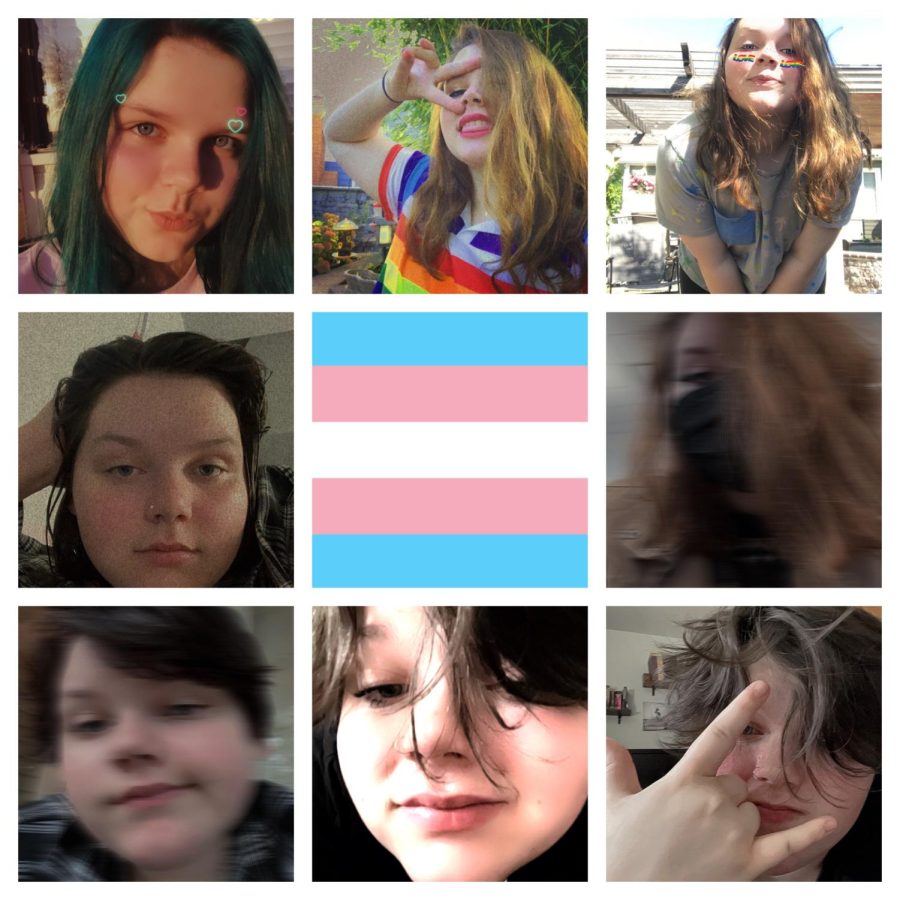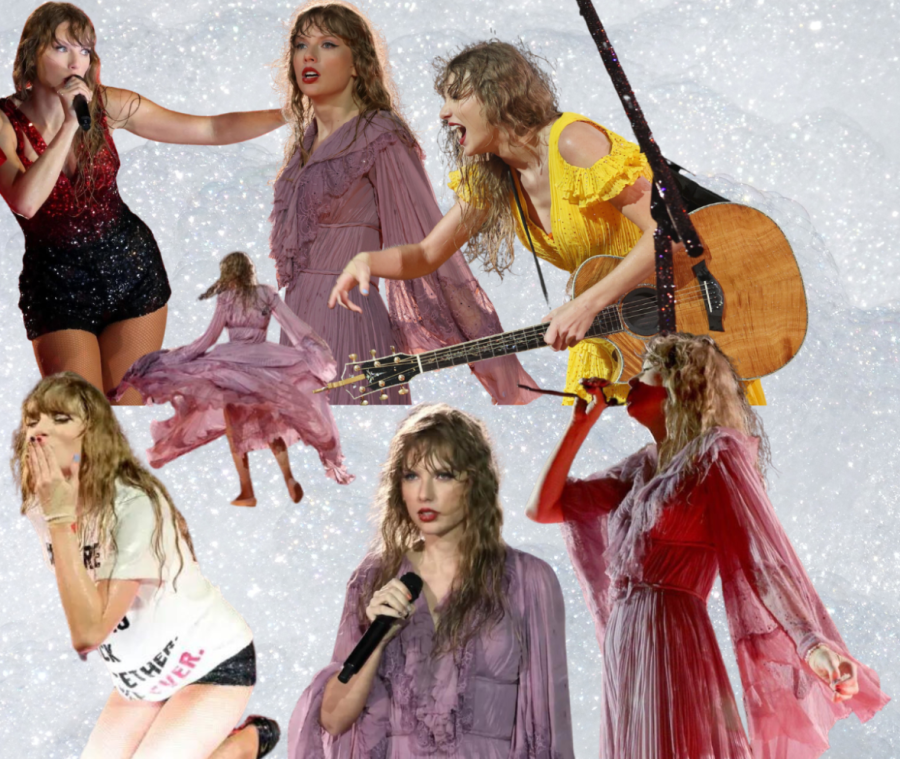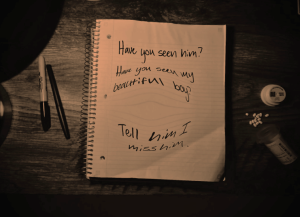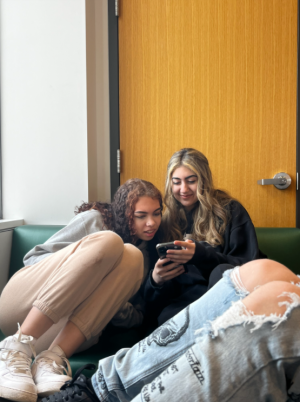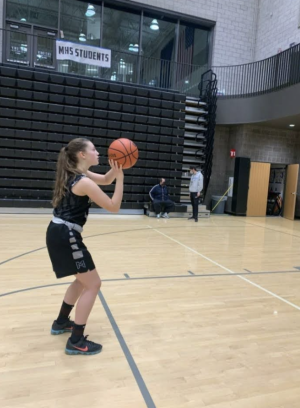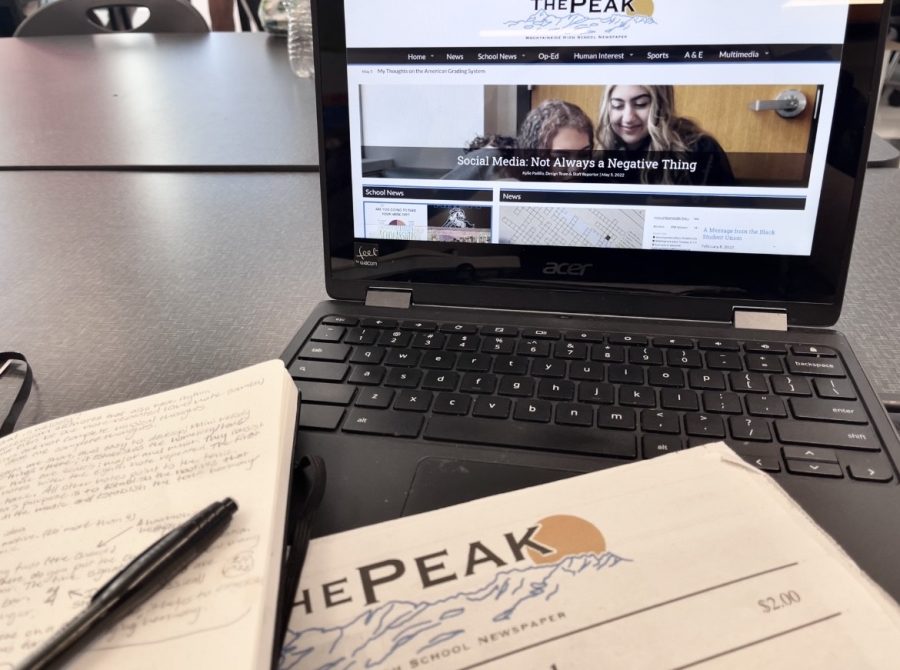United We Stand
The commons area decorated for Pink Week.
November 4, 2021
According to the Oregonian, an average of 3,038 women in Oregon are affected by Breast Cancer each year, including students and staff in our own community.
In honor of Breast cancer awareness month, MHS held Pink Week on October 18-22, 2021, in order to raise money for research. During this week, students were encouraged to donate money, wear pink and participate in events in order to raise money.
On the final day, students hosted “Miracle Minute” during both lunches, where they went around collecting money for Breast Cancer Awareness and Research. These funds went to METAvivor. Leadership also hosted a community service event: Chemo Bags From Caring Mavs, where students donated 550 cards and 81 care packages to Breast Friends of Oregon.
Several students and staff were willing to share their direct and indirect experiences with Breast Cancer. “I lost my aunt to breast cancer when I was only 7 or 8 years old. She had it quite a few years before, was doing well, and then had a very quick and painful relapse that she didn’t survive from. There were a lot of rippling effects, mostly on my cousins and my uncle, but we felt it as well,” said an anonymous student. It creates a deep, lasting impact on others in our community and having a month of awareness brings a bigger meaning. “I was diagnosed with breast cancer 7 years ago – it was also a very tender experience to feel all the love and support I had from neighbors, family, and friends,” said Ms. Giles.
Being impacted by breast cancer isn’t an easy journey and there are many hardships along the way, “I struggle with a lot of mental health problems and sometimes would stay in bed for weeks at a time. It was a major change in my environment to have to take care of everyone when I don’t even take care of myself,” said Watsyn Tibbetts (10), whose mother and aunt both had breast cancer.
Thankfully, there are certain safety precautions people can take. “I get a mammogram (breast x-ray) every year, but because I have a first-degree relative who has had the disease, I also have a special other test annually, called a breast MRI, as recommended by my doctor. This MRI is a special scan that is only given to women who have more than a 20% risk due to significant family history of breast cancer. I have become very vigilant about doing breast self-exams each month, because the earlier that a lump can be identified, the better the chance that treatment will be effective,” said Ms. Denis, whose sister had breast cancer and most of her mother’s side as well.
“Four years ago, my aunt was diagnosed with the most aggressive form of breast cancer. I became very cautious about the cosmetic products I was applying to my underarms and frequently do exams to ensure I do not show early signs of cancer,” said Ms. Ramos.
Even after Breast Cancer Awareness month ends, it’s still important to understand that people deal with this every day and it is a very real, emotional experience. Learning about others’ journeys is a critical step in personal growth. “Through all my treatment, I had the women in my family in town. They were all there for the chemo treatments and various surgeries. I feel fortunate to have had so much support” said Ms. Khan who is currently in remission.



